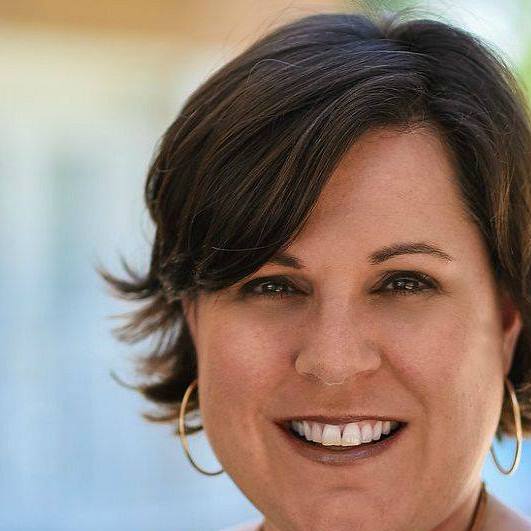Parents, let’s face it: social media is here to stay. Our children live in an age that we never foresaw when we were their age, and that age comes with an incredible opportunity for both positive and negative outcomes. Kids have the opportunity to “speak” to masses of people everyday. They have the responsibility to use that type of power to encourage, build up, be funny, and inspire, or they can use it to make fun, be sarcastic, criticize, or be downright mean. Social media is a huge responsibility. And without us educating them on how to use it properly, they will have a difficult time avoiding pitfalls.
Though my daughters don’t use social media yet, my oldest is on the cusp. Many of her friends are already active on Instagram and other sites. Because of my work, I am quite active on social media, so I see what goes on. Parents, if I can give you one word of advice for protecting your children on social media it is this: Do not allow your child to be friends/followers with anyone online that you are not friends/followers with first. While this won’t protect your children from every potential risk, it will go a long way. You need to see what your children are seeing on social media. Fortunately, I have seen very few posts that I felt uneasy about, and I know that this is because so many of my friends closely monitor what their children and their children’s friends post online. The other parents and I have an open door policy that whenever we see something sketchy online, we bring it to attention. Just as our children need our guidance when they are learning to ride a bike, use a stove, or mow the lawn, they need us to help them get social media right, too. Let’s give them the tools and guidelines to help them be successful on social media, just as we would in any other area of their lives.
When you post to social media, it is just as if you have spoken directly to each of your followers. You can build quite a following on social media. Be cautious that what you say on social media is “heard” by each and every one of your followers. Only say the things you’d say to someone’s face. Before you post, imagine that you are making a speech and the audience is made up of the people who follow you. Only say what you’d say to them directly.
Remember who you are. As a child of Christ, remember His command, “Do not let any unwholesome talk come out of your mouths, but only what is helpful for building others up according to their needs, that it may benefit those who listen.” That means that you don’t make jokes or try to be funny at someone else’s expense. You don’t complain or criticize. And don’t forget that this verse addresses the things you say about yourselves as well. We are to speak (or write) things that build up other people. You have the power in your words to speak LIFE into people. Build them up with words that are encouraging, peace-making, inspiring, helpful, kind, gracious, healing, and accepting. “Finally, brothers and sisters, whatever is true, whatever is noble, whatever is right, whatever is pure, whatever is lovely, whatever is admirable—if anything is excellent or praiseworthy—think about such things.”
The way you feel about yourself is magnified in what you post on social media. If you are self-confident and love others, it shows in the photos you post. If you are insecure and strive to get attention or impress other people, that shows as well. When you realize that you are God’s child, fully accepted and loved by Him, you will begin to love and accept yourself. You no longer feel the need to impress other people, because you aren’t striving for their acceptance anyway. That leads to loving and accepting other people as well. Your real life AND your social media posts become less judgmental and more kind, less about you and more about other people.
Respect people’s privacy. Social media is very, well… social. Whatever is said goes around the web very quickly. While you might be quick to share about your good grade, who asked you to the dance, or who you are dating, some people are more private about such things. It’s never a good idea to share someone else’s news on social media (or in person). It’s more prudent to let them share when and if they decide to. Extend this courtesy to your family as well. Never share publicly things that your siblings or parents don’t want broadcasted on social media, even if you think they won’t see it.
If you have even the slightest question about whether something is ok to post, ask before you post. Anything you post online goes around very quickly and it is permanent, even if you delete it. If there is any question whether a post could be hurtful, damaging, or misunderstood, ask your parents for advice before you post. Believe me, they WANT to see you being responsible with social media, and choosing your words carefully shows maturity. If you do make a mistake, be quick to take down the post and issue a short apology like “I took down my previous post because I realized it might be taken wrong. I’d never want to hurt anyone on social media, so I thought it was best to take it down.” We all make mistakes, but learning how to correct mistakes shows real maturity as well.



Speak Your Mind